 |
| Social housing project in Tran Bien ward, Dong Nai . Photo by Hoang Loc |
About the subject divided into 4 groups
The first group includes: People with revolutionary contributions, relatives of martyrs; poor and near-poor households in rural areas; poor and near-poor households in rural areas located in areas frequently affected by natural disasters or climate change; low-income people in urban areas; students in specialized schools; workers working in industrial parks and export processing zones; enterprises, cooperatives, and cooperative unions in industrial parks; cadres, civil servants, and public employees; people's armed forces; and people with disabilities are allowed to buy, rent, or hire-purchase social housing.
Group 2 includes students of universities, academies, colleges, vocational schools, and specialized schools as prescribed by law; students of public ethnic boarding schools who are allowed to rent social housing.
Group 3 includes enterprises, cooperatives, cooperative unions (collectively referred to as enterprises), state agencies, political organizations, socio-political organizations, and public service units that are allowed to rent social housing from investors of social housing construction projects to arrange accommodation for their cadres, civil servants, public employees, workers, and employees, including foreign workers and employees. Manufacturing enterprises in industrial parks are allowed to rent worker accommodation in industrial parks to arrange accommodation for their workers and employees, including foreign workers and employees.
Group 4 is the subject of housing clearance and demolition to clear land for public investment projects, key and urgent projects, projects in which the state reclaims land and requires relocation without meeting resettlement arrangements.
About the conditions
Subjects buying or renting social housing must meet the housing conditions (no housing in the locality where the social housing project is located) and income (not having to pay personal income tax for 1 year) according to regulations.
Social housing tenants do not have to submit documents confirming housing and income conditions.
Subjects in the case of administrative unit arrangement who own houses but are 20 km or more away from their workplace are allowed to buy or rent-purchase social housing.
Subjects who are subject to housing clearance or demolition to clear land for public investment projects, key and urgent projects, or projects in which the State reclaims land and requires relocation without meeting resettlement arrangements are not required to meet income requirements.
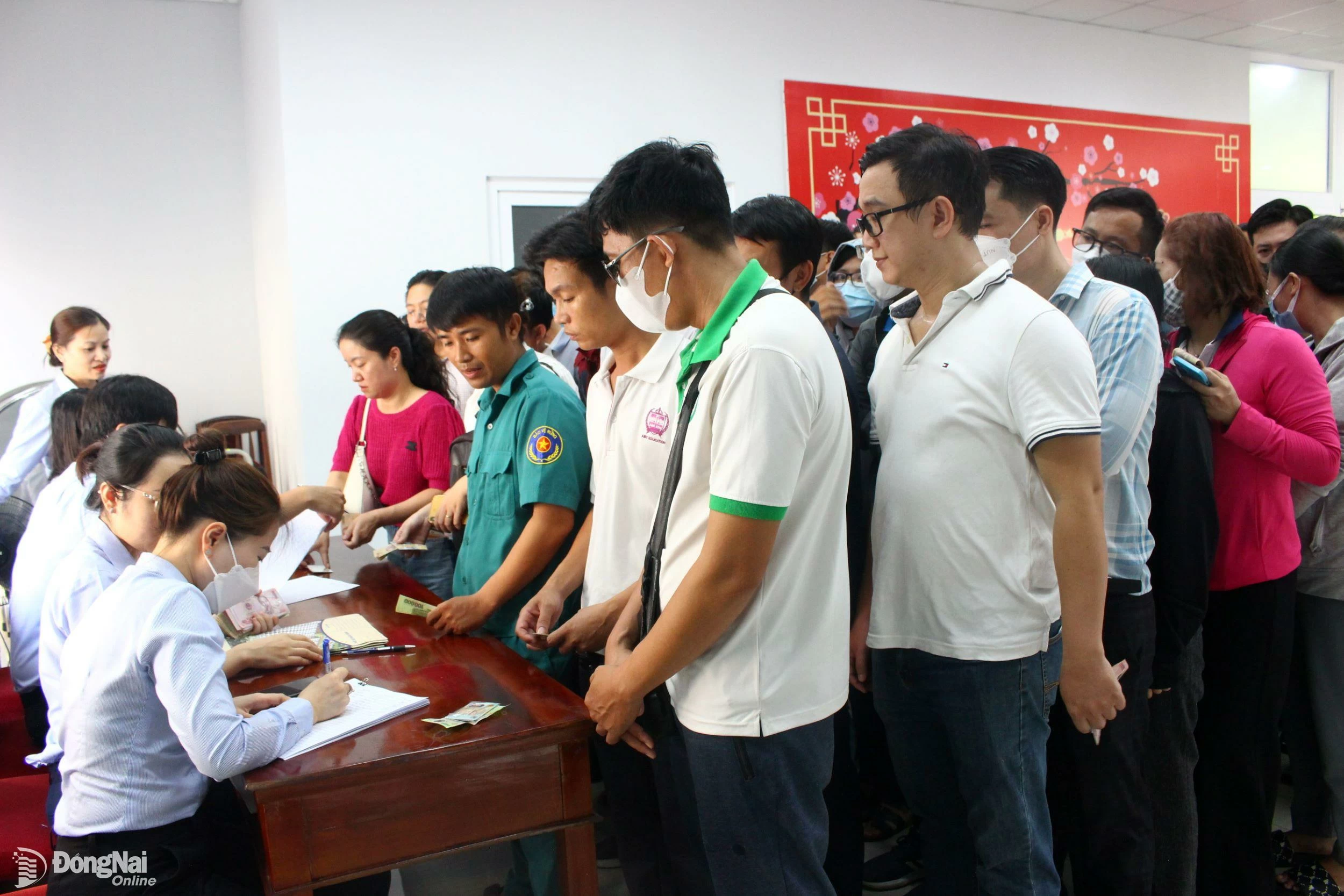 |
| People line up to buy social housing documents at the project of Dong Nai Housing Business Joint Stock Company. Photo: document |
Subjects and priorities
For state-invested construction projects using public investment capital, the order of priority is: People with revolutionary contributions; relatives of martyrs; people with disabilities; cadres, civil servants, and public employees of Binh Phuoc province (old) when merging provinces must move their workplace to Dong Nai province; cadres, civil servants, and public employees subject to transfer or rotation; cadres, civil servants, and public employees; single mothers; women; people under 35 years old; other subjects with housing difficulties will be considered by the Provincial People's Committee for each specific case to decide on the lease.
For projects invested in and built by enterprises, the priority order for purchasing, renting, or renting-purchasing social housing is: People with revolutionary contributions; relatives of martyrs; people with disabilities; groups of 12 subjects according to the provisions of the Housing Law 2023, including subjects whose houses are cleared or demolished to clear the ground for implementing public investment projects, key and urgent projects, projects in cases where the state reclaims land and must relocate without meeting resettlement arrangements; cadres, civil servants, and public employees of Binh Phuoc province (old) when the province merges must move their workplace to Dong Nai province; cadres, civil servants, and public employees in cases of transfer or rotation; single mothers; women; people under 35 years old.
This regulation takes effect from July 1, 2025.
Hoang Loc
Source: https://baodongnai.com.vn/tin-moi/202507/dong-nai-ban-hanh-quy-dinh-tieu-chuan-uu-tien-mua-thue-nha-o-xa-hoi-bb41f60/



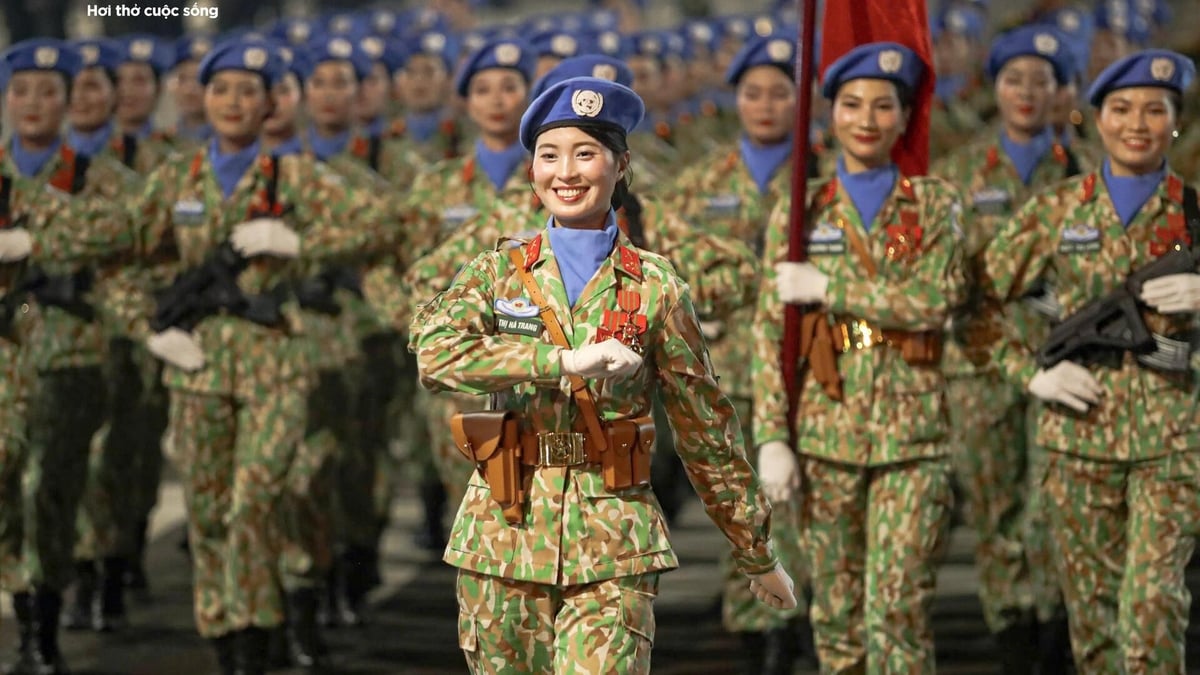
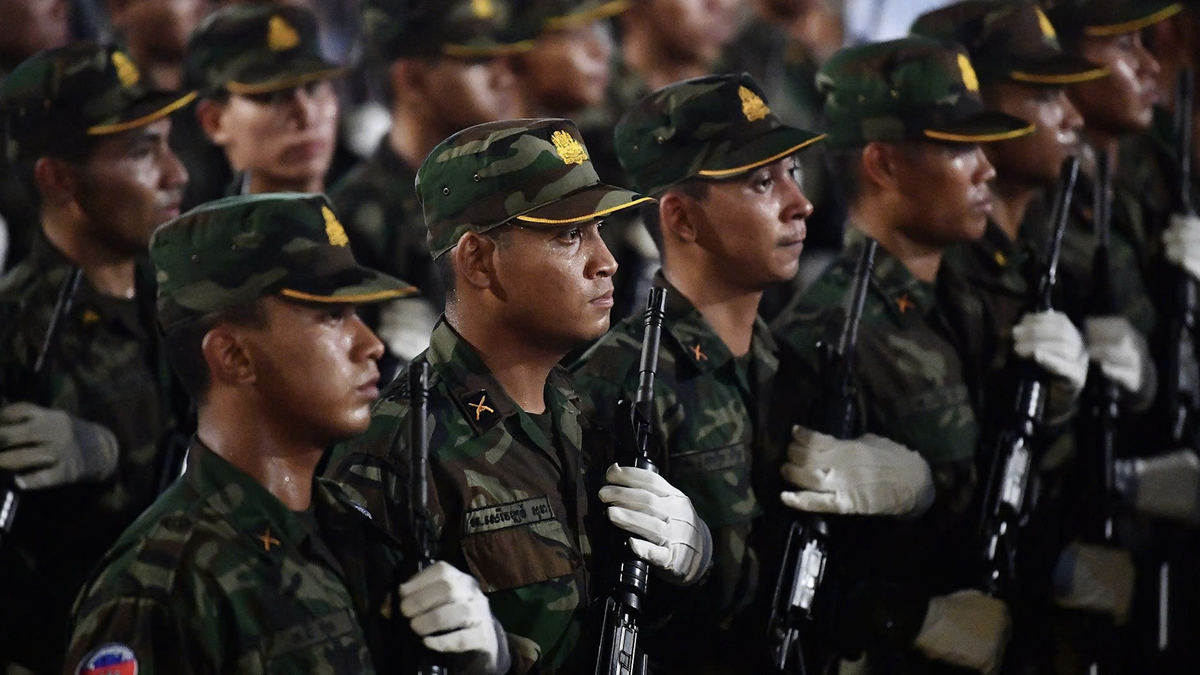
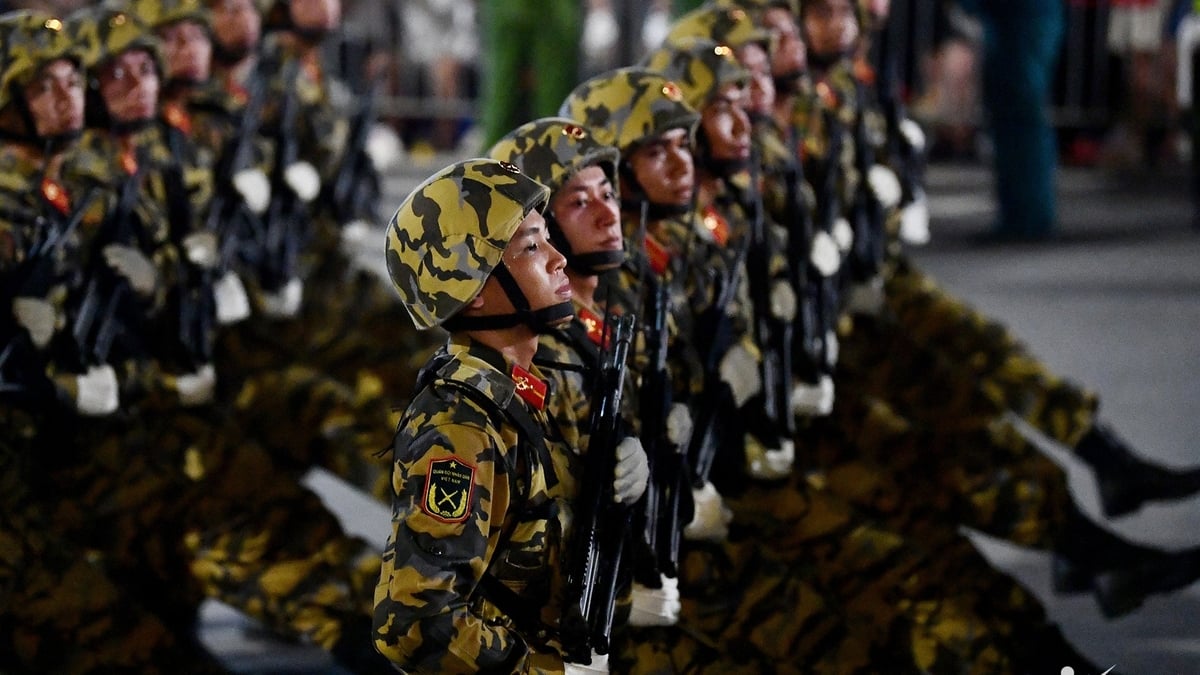
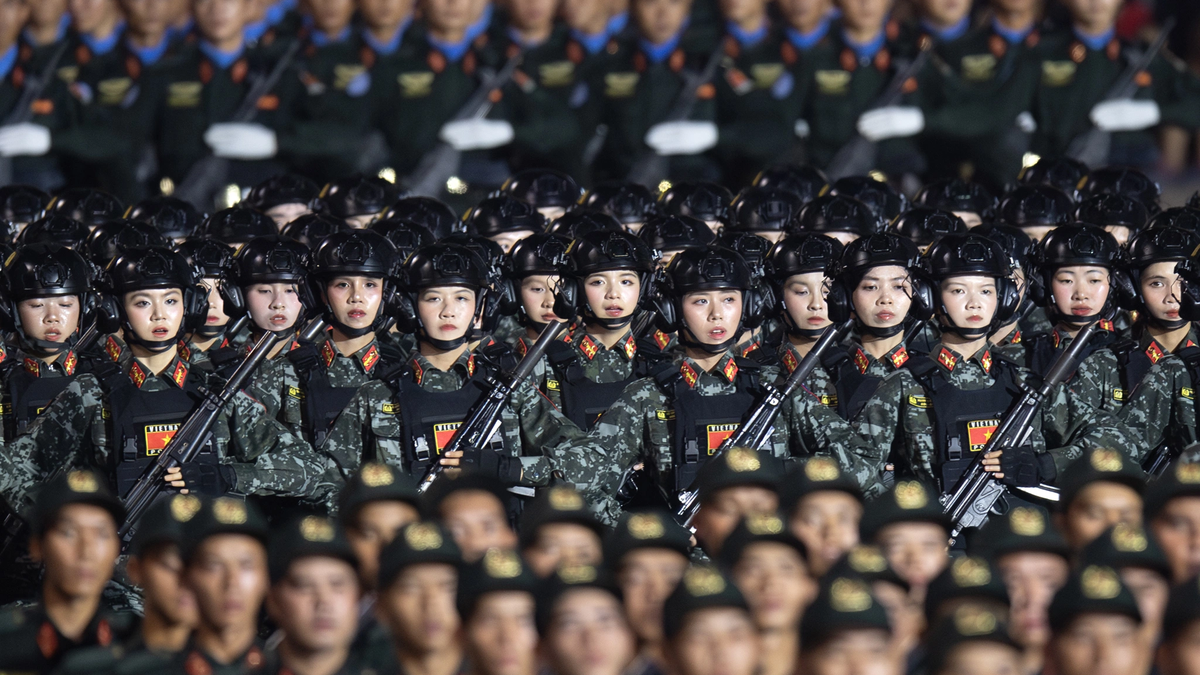
![[Photo] Images of the State-level preliminary rehearsal of the military parade at Ba Dinh Square](https://vphoto.vietnam.vn/thumb/1200x675/vietnam/resource/IMAGE/2025/8/27/807e4479c81f408ca16b916ba381b667)

![[Infographic] 3 fireworks display locations to celebrate National Day September 2 in Dong Nai](https://vphoto.vietnam.vn/thumb/402x226/vietnam/resource/IMAGE/2025/8/26/81994bdf42884e4bb870826d5da1a0b2)
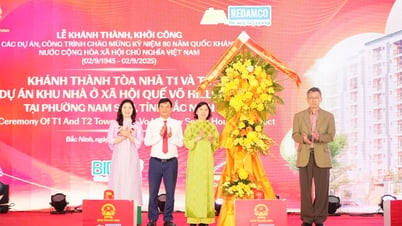

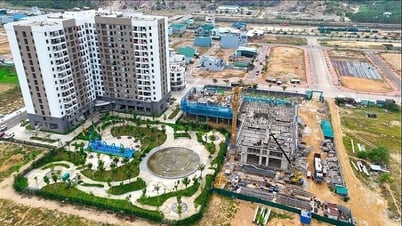

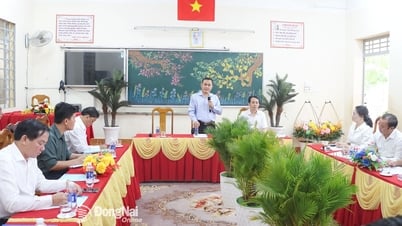
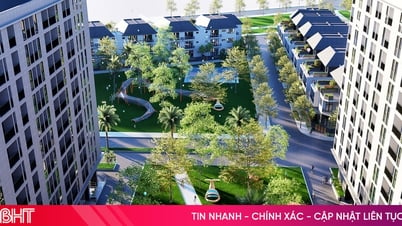

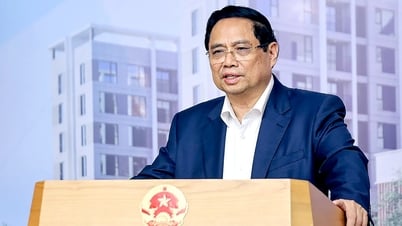



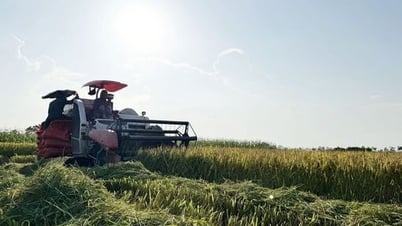

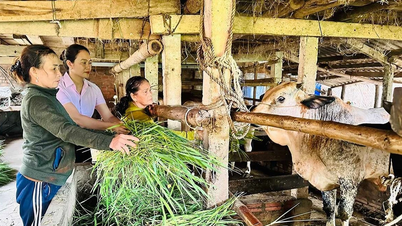

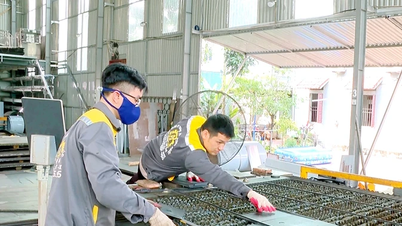

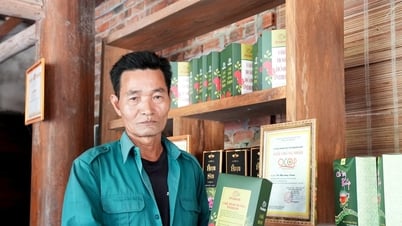
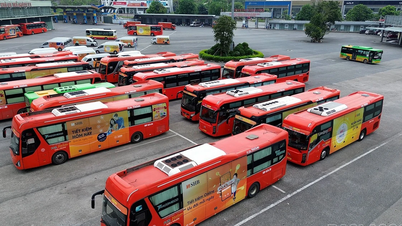





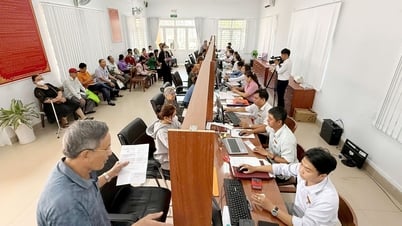
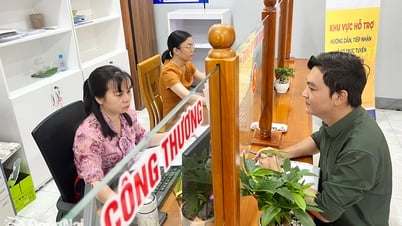

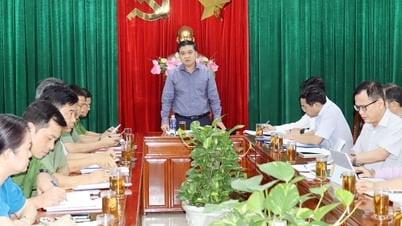

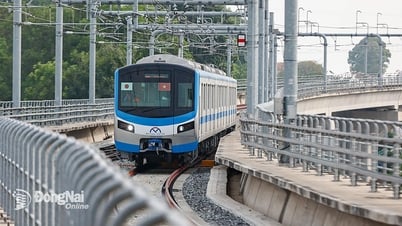
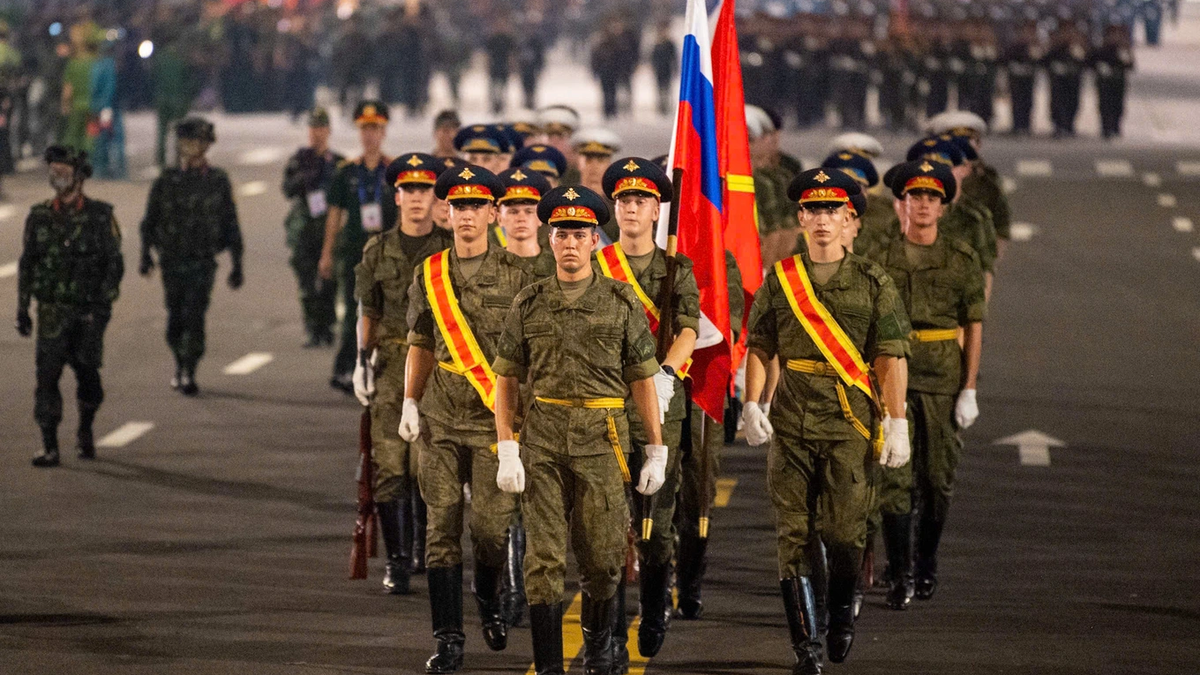
![[Photo] Parade blocks pass through Hang Khay-Trang Tien during the preliminary rehearsal](https://vphoto.vietnam.vn/thumb/1200x675/vietnam/resource/IMAGE/2025/8/27/456962fff72d40269327ac1d01426969)



























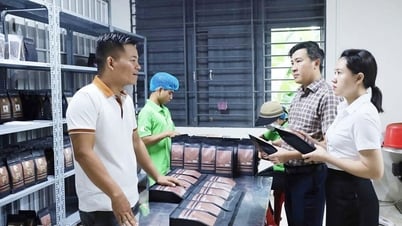







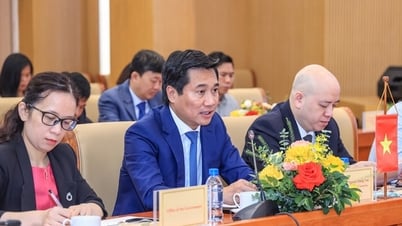





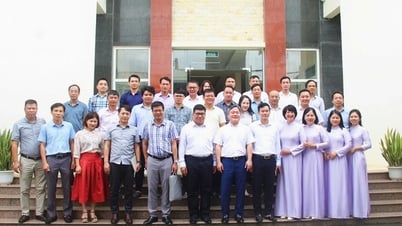


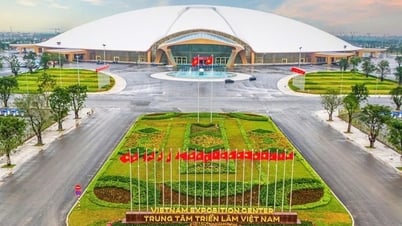
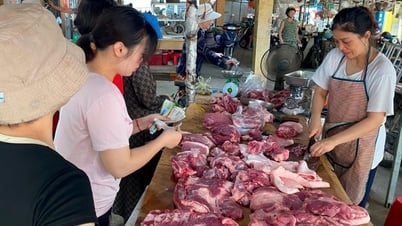


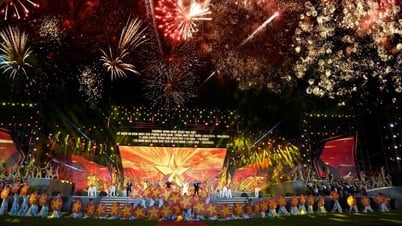
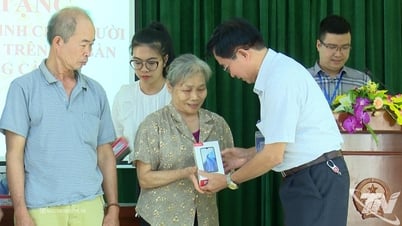



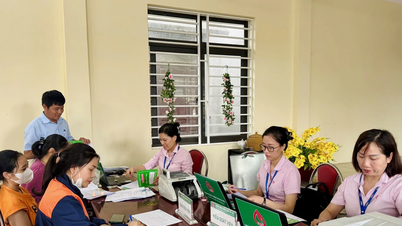
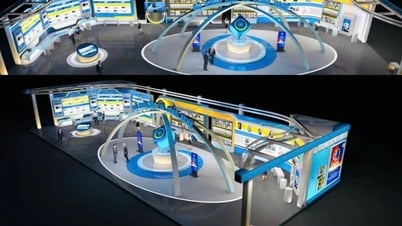







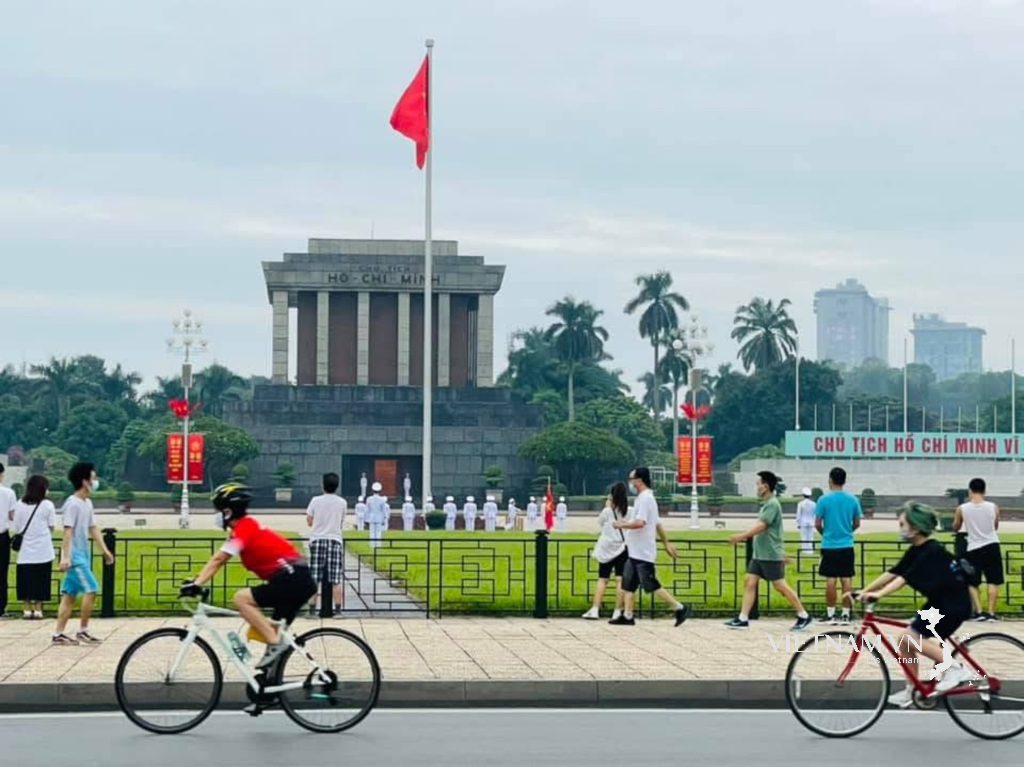

Comment (0)